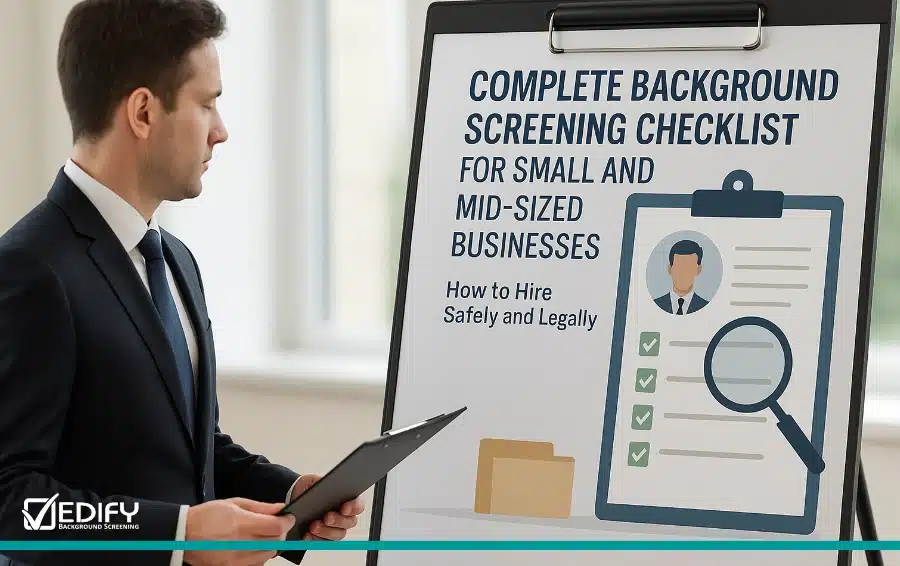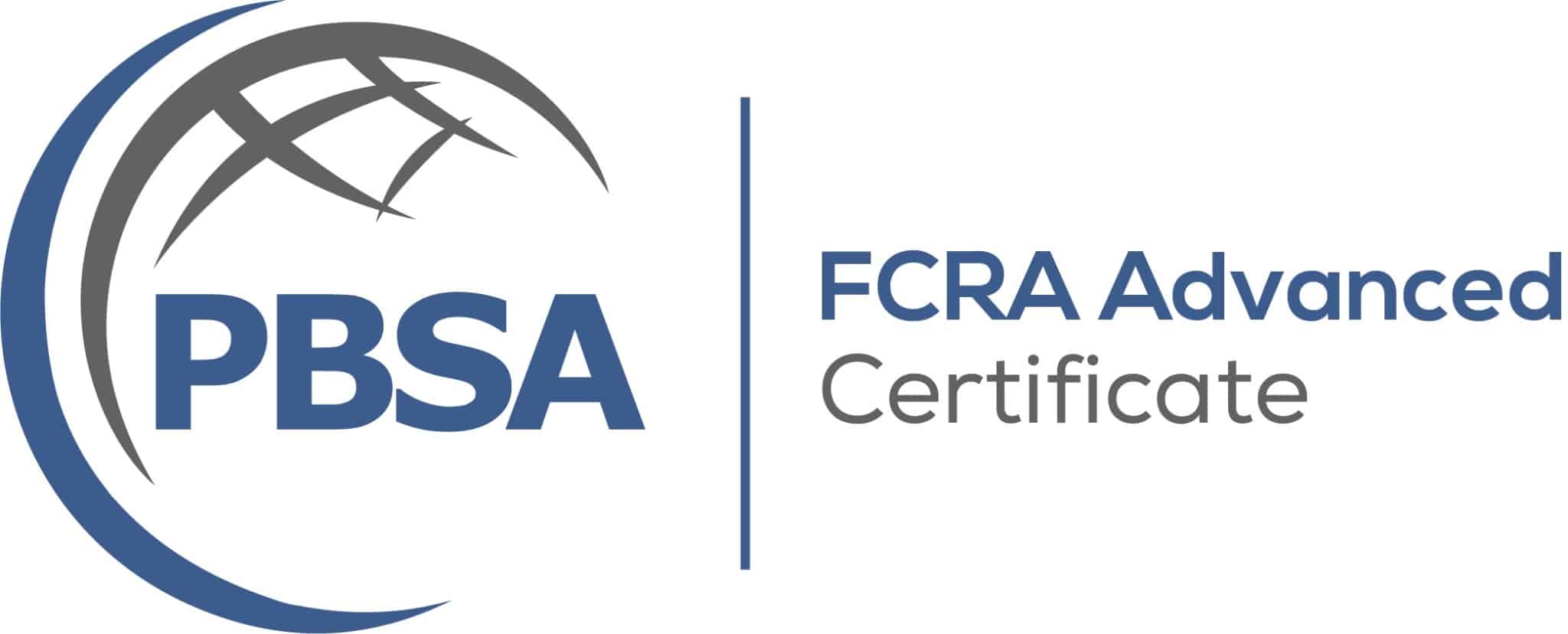Beyond Criminal Records A Complete Background Screening Checklist for Small and Mid-Sized Businesses
When small and medium-sized businesses think about background checks, criminal records often come to mind first. While important, they only tell part of the story. A truly complete background check includes much more: verifying work history, education, licenses, motor vehicle records, drug screening, and even conducting periodic rechecks to ensure continued trustworthiness.
If you’re looking for how to set up a background check process for your small or medium-sized business, or you want to avoid common hiring pitfalls, this guide is for you.
Why a Broader Screening Strategy Matters
Small and medium-sized businesses are particularly vulnerable to the impact of a bad hire. Limited budgets and lean teams mean one wrong hire can affect morale, productivity, and even client relationships.
According to CareerBuilder, over 75% of HR managers have caught a candidate lying on a resume, and more than 50% say the frequency of this behavior has increased in recent years. False job titles, made-up degrees, and exaggerated achievements are among the most common misrepresentations.
When a hire turns out to be unqualified, the cost goes beyond salary. Recruiting, onboarding, and training a new employee can cost $30,000 or more, not to mention lost time and internal disruption.
A more thorough background screening program helps reduce this risk by verifying information at the source. It also ensures compliance with laws and builds confidence that your employees are who they say they are.
The Critical Role of Motor Vehicle Records (MVRs)
If your employees drive company vehicles or operate their own cars for work purposes, checking motor vehicle records is essential. An MVR can reveal:
According to the National Safety Council, preventable vehicle crashes cost U.S. employers over $72 billion annually. That includes medical expenses, property damage, and liability claims.
Hiring someone with a suspended license or a history of poor driving could expose your business to significant legal and financial risks.
Drug Testing: More Important Than Ever
With cannabis legalization spreading across the country, drug testing remains a critical part of background screening, especially in safety-sensitive industries.
While some states have eased restrictions on marijuana use, employers are still responsible for maintaining a safe workplace. According to Quest Diagnostics, the percentage of U.S. workers testing positive for marijuana reached a 20-year high in 2023.
Workplace impairment—regardless of legality—can lead to:
-
Increased workplace accidents
-
OSHA violations
-
Higher workers’ compensation costs
-
Reduced team productivity
Pre-employment drug testing and post-incident testing help minimize these risks. For regulated industries or DOT-covered positions, it’s not just important—it’s legally required.
Annual Rechecks: Protecting Your Business After the Hire
One-time background checks are no longer enough. What if an employee has their license revoked or picks up a criminal charge a year after hire?
Annual rechecks—also known as post-hire screening—allow you to:
-
Monitor for new criminal activity
-
Confirm that credentials and licenses remain in good standing
-
Maintain trust in high-risk or regulated roles
These checks can be automated, cost-effective, and are especially important in long-term roles involving finances, caregiving, driving, or access to sensitive information.
A Complete Background Check Checklist for SMBs
Use this checklist to ensure your screening program covers the essential elements of modern, compliant hiring:
✓ Identity Verification
-
SSN trace to confirm identity
-
Alias and address history
-
Helps detect fraudulent or assumed identities
✓ Criminal Records Search
- Nationwide criminal database search
-
County, state, and federal criminal history
-
Sex offender registry search
-
Global watchlists search
✓ Employment History Verification
- A best practice is the 2 most recent employers
-
Confirm previous job titles, dates of employment, and reason for leaving
-
Cross-check against applicant-provided information using comparative entry
✓ Education Verification
-
Confirm degree earned, field of study, graduation date
-
Flags unaccredited institutions and diploma mills
✓ Professional License and Credential Verification
-
Verify current status, issuing body, expiration dates, and disciplinary actions
-
Critical for healthcare, finance, education, and regulated trades
✓ Motor Vehicle Records Check
-
License validity or suspensions
-
DUI offenses
-
Speeding tickets or reckless driving charges
✓ Drug Testing
-
Multiple panels available based on position requirements
- Most common types are 5-panel instant and 9-panel drug screening.
Common Background Check Mistakes to Avoid
Even well-meaning businesses can fall into these traps:
-
Using national-only database checks: These often miss county-level records where most crimes are filed
- Not checking beyond criminal records for Education, Job History, or Credentials claimed
-
Relying on applicant-supplied information alone: Always verify with the source
-
Failing to document disclosure and authorization: Required under the Fair Credit Reporting Act (FCRA)
-
Applying inconsistent screening standards: Leads to compliance risks and potential discrimination claims
- Not utilizing a professional Background Screening agency like Edify Screening to try and save a couple dollars.
Case Study #1: The Falsified Resume That Almost Slipped Through
A regional HVAC company hired a technician based on an impressive resume. He claimed to hold a state-level journeyman license. It wasn’t until a credential verification was performed post-hire—at the client’s request—that the truth came out. No license had ever been issued. The company had to terminate the employee and explain the situation to their client, risking the contract.
If a license check had been done during pre-employment screening, the issue could have been avoided altogether.
Case Study #2: MVR Oversight Leads to Lawsuit
A local delivery company hired a part-time driver without conducting an MVR. Six months later, the employee caused a multi-car accident while on the clock. It was later discovered that his license had been suspended prior to hiring due to multiple DUIs. The employer was held liable, and the insurance provider refused to cover the full claim due to negligent hiring.
This is an example of how skipping an MVR check can lead to lawsuits, increased insurance costs, and reputational damage.
What You Get With a Professional Background Screening Partner
Professional background screening providers, like Edify Background Screening, deliver:
- Legally compliant, FCRA-aligned processes that ensure disclosures, authorizations, and proper adverse action procedures are followed.
- Access to verified, up-to-date sources, including county court records, federal databases, national criminal indexes, sex offender registries, employment history, and more.
- Research teams trained to interpret legal data. They can distinguish between non-reportable and legally reportable records and flag only what your business can safely and ethically use.
- Built-in quality control and dispute processes. If a candidate disputes their report, you have an official process to investigate and correct errors—a major benefit if you ever face scrutiny.
Final Thoughts: A Smarter Screening Strategy Starts Here
A background check is more than a legal checkbox, it’s a tool that protects your people, your clients, and your reputation.
At EDIFY Background Screening, we help small and mid-sized businesses create custom, compliance-first screening packages. We don’t require minimum order volumes or monthly commitments, and our process is designed with your time, budget, and legal responsibilities in mind.
Need help building or upgrading your screening checklist?
Contact us today for a free consultation. We’ll help you create a screening program that’s tailored, thorough, and built to grow with your business.
The resources provided here are for educational purposes only and do not constitute legal advice. We advise you to consult your own counsel if you have legal questions related to your specific practices and compliance with applicable laws.













